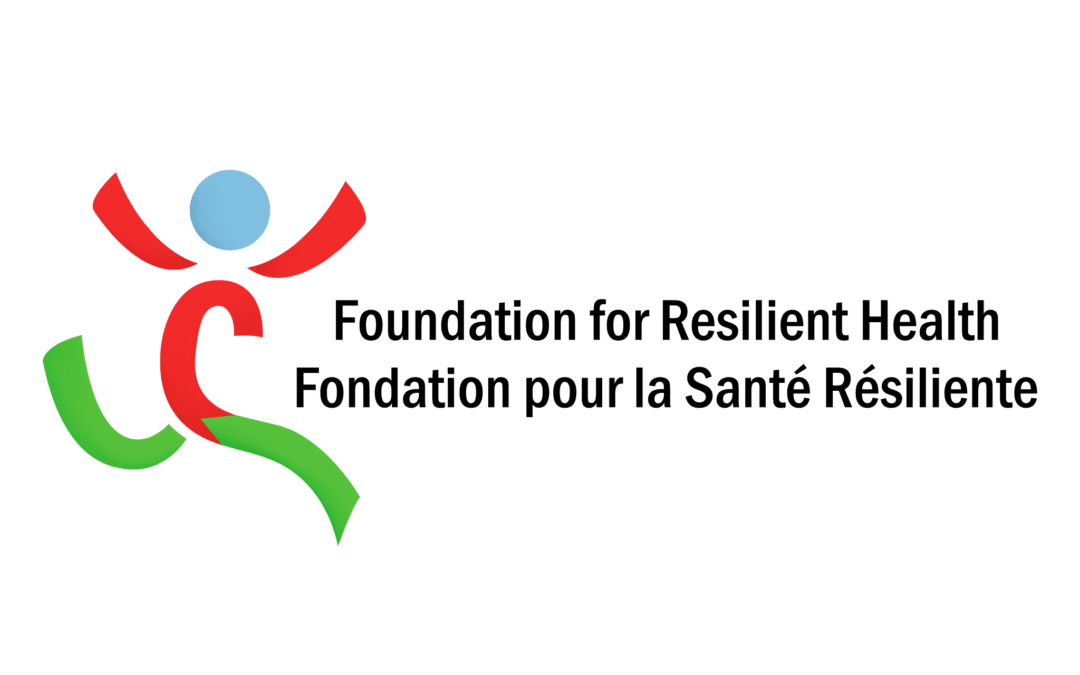We believe that everyone should have a fair chance at wellness. For many decades the health and wellbeing of Canadians have been compromised by the pursuit of economic growth over social and environmental support systems. Material prosperity has been prioritized over ecosystem balance. Hazardous chemicals are found in our air, our food, and our water. The changing climate represents a serious health threat.
The COVID-19 pandemic has exposed the vulnerabilities of our health and social systems, and more than ever has shown the need to strengthen our support systems for various determinants of health and environmental protection. As we emerge from the COVID-19 pandemic, we see an historical opportunity to advocate for policy reform in key areas with a goal to reduce the inequities that underlie poor health. And so, we launched RESILIENT, with a focus on federal advocacy at this time.
For 20 years the New Brunswick Lung Association has been the national lead on environmental issues for the Canadian Lung Association, has participated on many national committees on air toxins, and chemical and pesticide exposures, and has coordinated numerous public engagement programs aimed at reducing air emissions, greenhouse gases and other human exposures. Expanding our focus to environmental health issues beyond lung health, in 2008 we developed the Canadian Network for Human Health and the Environment (CNHHE) to build capacity between NGOs, academics, health professionals and policy makers at the municipal, provincial, and federal levels. The Foundation for Resilient Health (RESILIENT) springboards from this history, trust, and evidence-based expertise, into the realm of promoting the key pillars of resilient health.
“The launch of RESILIENT has the overall goal to improve human health through the reduction of health risks from environment-related hazards.”
The launch of RESILIENT has the overall goal to improve human health through the reduction of health risks from environment-related hazards. We do this in two ways:
- Advocating for stronger public policies that protect the environmental and social determinants of health; and
- Public education to enable Canadians to increase their resilience and avoid known environmental risks
Our primary areas of expertise are the health effects of climate change, and toxic exposures, with a strong focus on the determinants of health and use of the precautionary principle.
For more information on our family of organizations, check out www.resilient-health.ca www.nb.lung.ca and www.CNHHE-RCSHE.ca


Recent Comments